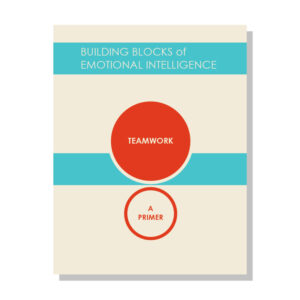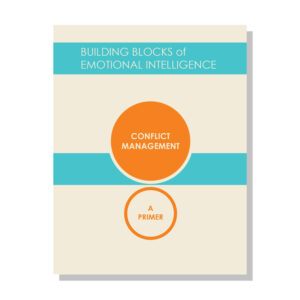There are six leadership styles that are vastly underused: affiliative, democratic, pacesetting, coaching, coercive, and authoritative. Employing the right approach at the right time could make all the difference when it comes to closing a big deal, improving production quality and speed, or managing conflicts. Even though most leaders would say they only use two or three of the styles, it is important to understand that all of them can be mastered and used to your advantage.
Short-Term Solution
A simple solution to making up for the leadership skills you currently lack is to surround yourself with people who possess the style you need. For example, let’s say you’re the vice president of a food distribution corporation. You successfully did business in your home state of New York and expanded up into New England and down along the coast to the Carolinas using the affiliative style. You traveled frequently between the states, met with restaurant owners and eased their concerns, and made sure the customers felt like your company had a personal touch.
However, you know your tech knowledge is lacking, and technology is needed to distribute the food as quickly as possible. Efficiency is the most important appeal to your customers. Therefore, you informed a trusted colleague about the performance standards and let them delegate the strategy using their authoritative approach. You also told this person to appoint a second-in-command to bring along on visits to make sure you don’t spend too much time at each restaurant.
Long-Term Solution
While surrounding yourself with people who possess the skills you lack, it’s also a good idea to work on your limitations. The first step is to acknowledge your gaps in emotional intelligence so that you can work with yourself or a coach to develop them. Take an authoritative leader, for example, who may want to add some democracy to their workplace. They need to work on collaborative and effective communication skills.
They’ll want to master the affiliative leader’s strengths:
- Empathy: Sensing how people are feeling in the moment allows the affiliative leader to respond to people’s emotions immediately, which helps build trust.
- Building Relationships: Meeting new people and cultivating a bond comes easily.
- Interpersonal Communication: Say just the right thing at just the right time.
Enhance your leadership styles
Gain practical insights from the following resources:
What Makes a Leader: Why Emotional Intelligence Matters presents Daniel Goleman’s ground-breaking, highly sought articles from the Harvard Business Review and other business journals in one volume. This often-cited, proven-effective material has become essential reading for leaders, coaches and educators committed to fostering stellar management, increasing performance, and driving innovation. This collection reflects the evolution of Dr. Goleman’s thinking about emotional intelligence, tracking the latest neuroscientific research on the dynamics of relationships, and the latest data on the impact emotional intelligence has on an organization’s bottom-line.
What Makes a Leader is also part of the C-Suite Toolkit.
The Coaching Program is an online streaming learning series for executives, highlighting methods for enhancing any leader or manager’s effectiveness, creativity, and ability to connect with their teams.
Leadership: A Master Class Training Guide offers more than nine hours of research findings, case studies and valuable industry expertise through in-depth interviews with respected leaders in executive management, leadership development, organizational research, workplace psychology, innovation, negotiation and senior hiring. Included is an extensive, detailed training guide around the video content for human resources professionals, senior managers and executive coaches. Each module offers individual and group exercises, self-assessments, discussion guides, review of major points, and key actionable takeaway plans. The materials allow for instructor-led or self-study opportunities.







